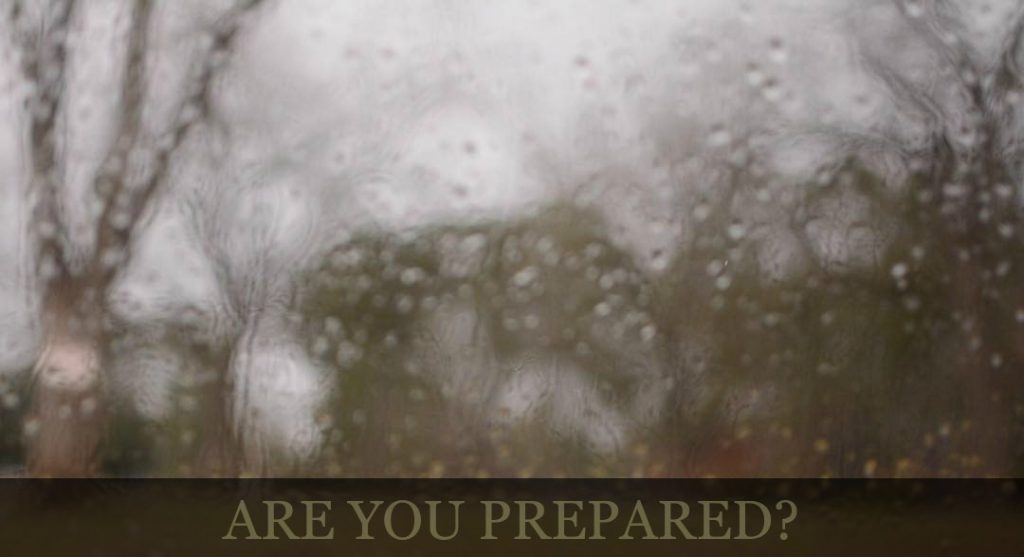Are you and your family prepared for an emergency? What steps have you taken to make sure that your family can make sure everyone is safe?
Our church in Missouri was a small church, where everyone knew everyone and the level of concern about each other’s well being ran fairly deep. So our pastor suggested that we set up a phone tree so that we could contact each other in case of emergency or just do general welfare checks on each other. I loved this idea and volunteered to help set it up.
One of the first things I did was encourage our members with cell phones to set up at least two ICE contacts. ICE stands for In Case of Emergency and is an easy way to ensure that someone is contacted if you’re ever in a situation where you can’t speak and someone needs to be called. We also encouraged our members to buy two~way radios, if they could. Cell phones go down and so do landlines, it’s always good to have some sort of backup plan.
A second part of our emergency plan involved downloading a variety of cell phone apps to help us navigate the different emergencies:
Emergency Apps
- Red Cross ~ this app provides tips for how to handle various emergencies and will allow you to send out custom “I’m safe” messages across all of your social media accounts
- Twitter ~ I have a special list for my family so that I can readily access their tweets; I also have a list of emergency Twitter contacts, that I follow for information
Other helpful tips:
- Only dial 911 during an actual emergency; if you do call, keep the calls brief
- During an emergency or immediately thereafter, resist the urge to use your cell phone to watch streaming videos or play games, as this will add to network congestion
- Conserve cell phone battery life by reducing the brightness of your screen, closing all unused apps, and putting your phone in airplane mode
Last, but not least, we encouraged everyone to share their plans not just with the folks at church, but with their family members. After all, an emergency communication plan doesn’t work if no one knows about it.
Trust me, this list is by no means comprehensive. I just wanted to offer some ideas to get you thinking about how you and your family will communicate if a disaster strikes.
I hope this post {and the others in the series} helps you and your family to start thinking about what you would do in case of an emergency. I’ll be posting more helpful information next week, so make sure you come back. If you have any suggestions or tips to share, leave them in the comments.
Be prepared and stay safe,


